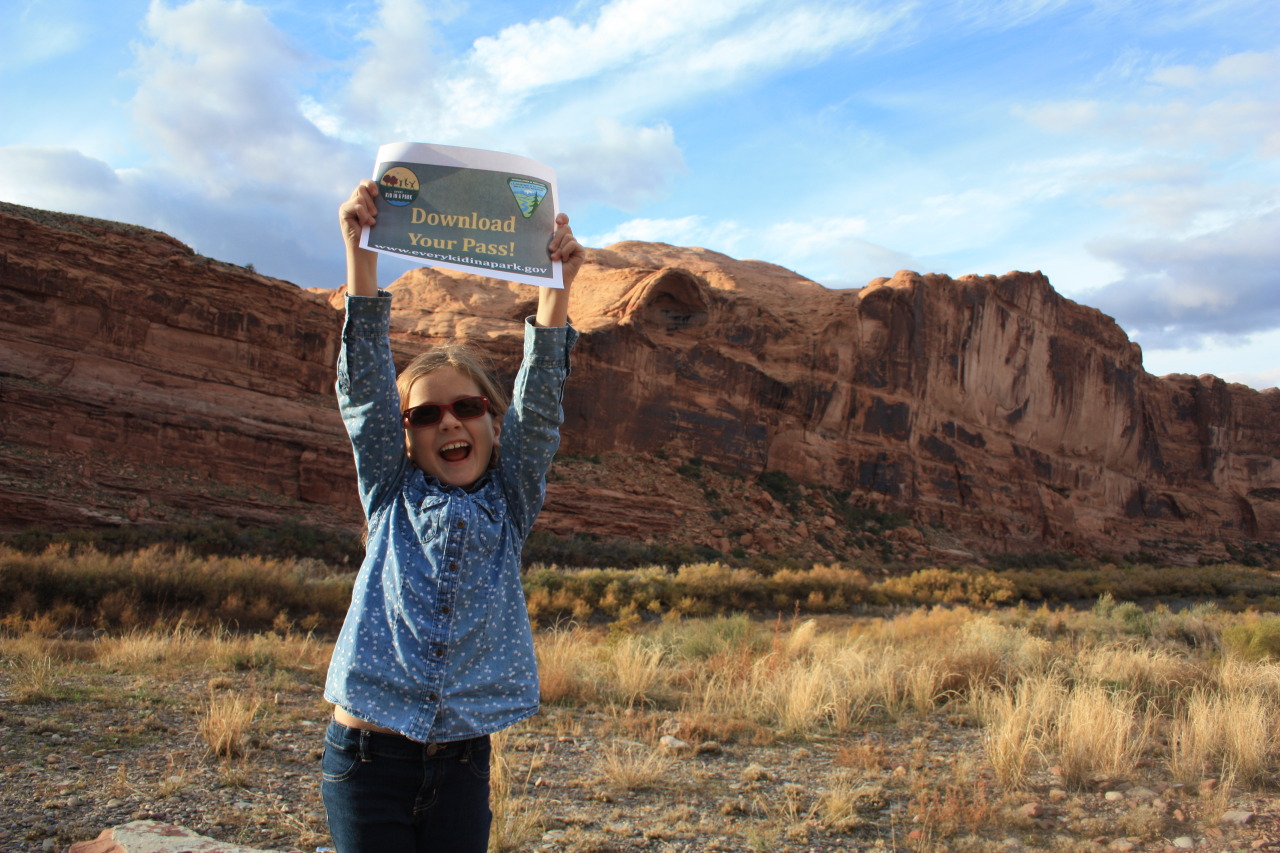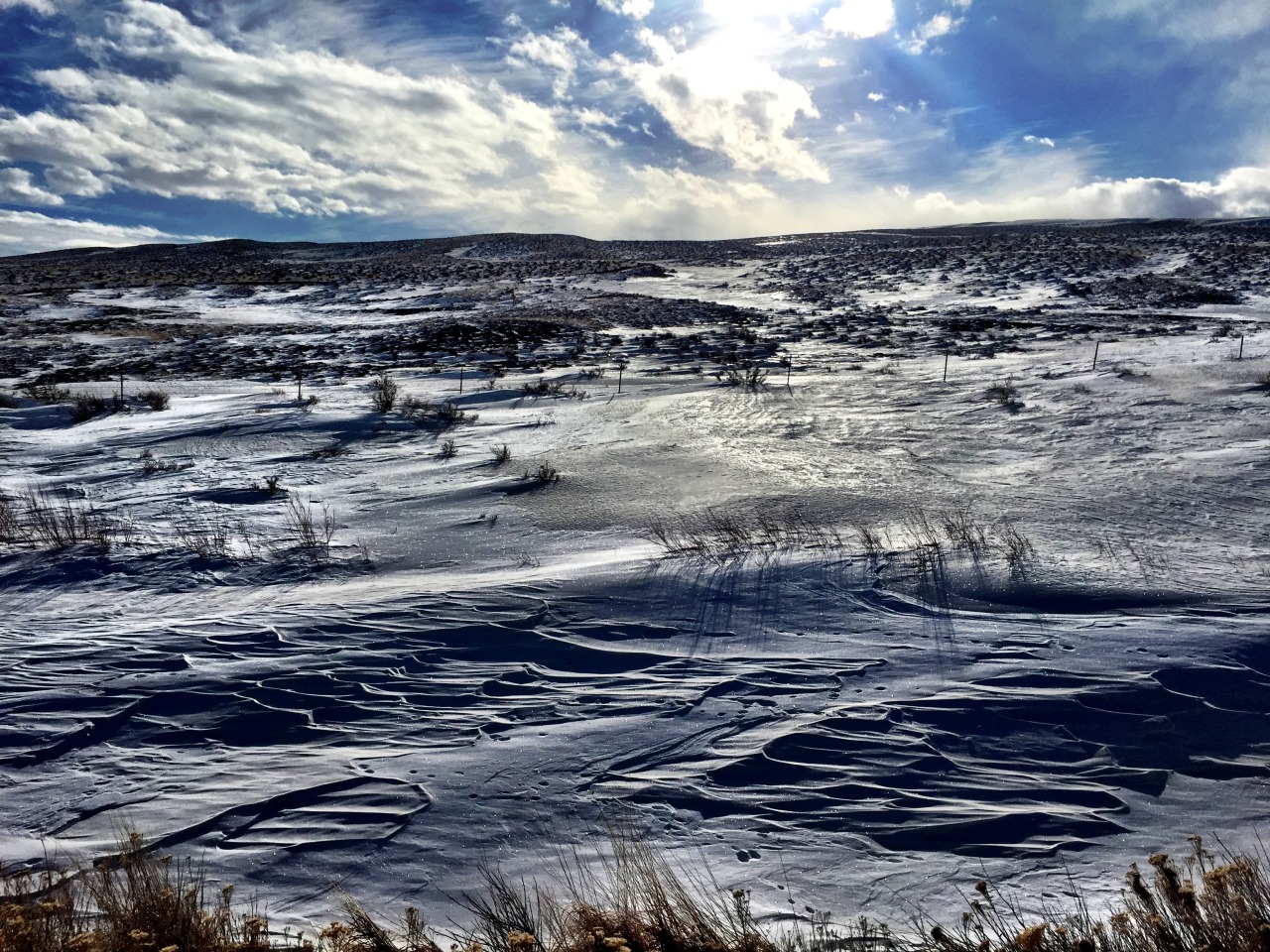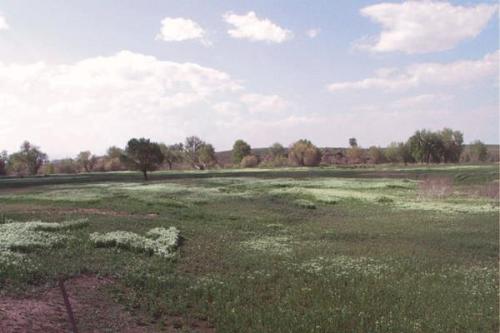  Joshua Trees backed by bright red sandstone provide
picturesque backdrops along Nevada byway. Joshua Trees backed by bright red sandstone provide
picturesque backdrops along Nevada byway. |
||||
|
||||
|
- Headlines and Highlights |
||||
Happy New Year from all of us at the Bureau of Land Management! If you enjoy receiveing Your Public Lands, BLM's E-Newsletter each month, be sure to encourage your family and friends to subscribe HERE. |
||||
| HEADLINES AND HIGHLIGHTS | ||||
 |
BLM Announces Selections for Key Leadership PositionsThe Bureau of Land Management announced two key leadership positions. BLM veteran Kristin Bail will serve as the agency’s Acting Director upon completion of Director Neil Kornze's tenure, and Jody L. Hudson has been selected as the Assistant Director for Human Capital Management. Director Kornze is stepping down on January 20 with the transition to the new administration, and Hudson succeeds Carole Carter-Pfisterer who retired from the BLM last month. (BLM News Release) |
|||
 |
BLM Junior Rangers 'Join the Adventure'
Officially launched in October 2016, the Bureau of Land Management’s Junior Ranger program is the agency’s vehicle for engaging young people in recreation, learning, and stewardship, and connecting
them to the natural world and their cultural heritage. BLM-managed public lands encompass millions of acres where young people can pursue healthy recreational activities, spend time with friends and family, nurture their curiosity about the natural world, and discover clues to our country’s
past. We encourage all to learn more, get involved, and reach out to young people, parents, and teachers to promote the BLM Junior Ranger Program. In other words: Inspire others to “Join the Adventure”! (My Public Lands Tumblr)
|
|||
 |
Don't Miss Oregon's Canton Creek on the Rogue-Umpqua National Scenic Byway
Travelers crossing the Cascade Mountains on Oregon’s North Umpqua Highway 138 – also known as the Rogue-Umpqua National Scenic Byway – might easily miss Canton Creek, a tributary of Steamboat
Creek and the North Umpqua River. A visit to Canton Creek is well worth the effort, though - and just a short drive north of the community of Steamboat, known for its world-famous fly fishing. (My Public
Lands Tumblr)
|
|||
| WILD HORSE AND BURRO | ||||
 |
BLM issued a call for nominations to fill three National Wild Horse and Burro Advisory Board positionsNominations are needed to fill three-year term positions representing the following categories of interest: natural resource management, wild horse and burro research, and public interest (equine behavior). To be considered for selection, nominations must be received by email or postmarked by February 10, 2017. (BLM News Release) |
|||
 |
Wild horse border patrol
Reuters, January 12, 2017
Long before the desert sun has had a chance to heat the dusty prison yard, some 20 inmates at an Arizona state prison begin quietly tending horses. The men - many with violent histories - gently manoeuvre bits
into the mouths of mustangs still unaccustomed to human touch; they remove caked mud from hooves and tighten girths against bulging bellies. And the horses, which just weeks ago roamed free, mostly comply with what is asked of them. Both the men and the horses are still learning how to live behind
fences. Read full story
|
|||
| RANGELAND MANAGEMENT | ||||
 |
Winter in the Sagebrush Ecosystem
It’s blizzarding in sagebrush country! Negative temperatures, snowfall, and winds pull together for a threatening whiteout. What are wildlife to do out in the Big Empty to protect themselves from winter
weather conditions? Let sagebrush come to the rescue! (My Public Lands Tumblr) |
|||
 |
Idaho Partners Continue Long-term Habitat Rehab
It’s so much better when you can do it together! Rehabilitate wildlife habitat across land ownership boundaries, that is… Through a partnership agreement between Pheasants Forever and the Twin
Falls District, 75,000 sagebrush seedlings were recently planted on 3,400 acres within the Shoshone Field Office, Craters of the Moon National Monument, as the final phase of a much larger restoration effort for the area. (My Public Lands Tumblr)
|
|||
 |
Partnership Yields Rewards in Fight against Weeds
The BLM’s “Partners Against Weeds” action plan turned 20 last year. The plan is BLM’s strategy to prevent and control the spread of noxious weeds on public lands through cooperation
with all partners. One of its strategic actions is to support research in a variety of areas such as the ecology of noxious weed species, biological controls, remote sensing and integrated weed management. Through the years, BLM Montana/Dakotas has supported and partnered with a number of biological
control weed researchers. (My Public Lands Tumblr)
|
|||
|
|
Video: Success of the Dolores River Restoration PartnershipThe Dolores River Restoration Partnership is a public-private collaborative of partnering individuals, organizations and agencies working to restore the riparian corridor of the Dolores River. Invasive species like tamarisk and Russian Knapweed alter natural habitats in western watersheds. Through this partnership, young adults are given experience in resource conversation, improving riparian areas along the Dolores River for all Americans to enjoy. (BLM Colorado Facebook) |
|||
| WILDLIFE QUESTION OF THE WEEK | ||||
 |
Name this bird... Common, especially in the south, it may wander far to the north in late summer. Nearly wiped out in the United States in the late 1800s, when its plumes were sought for use in fashion, the _______ made a comeback after early conservationists put a stop to the slaughter and protected its colonies; as a result, this bird became the symbol of the National Audubon Society.
a) Pelican Keep reading for answer below. |
|||
| WILDLIFE QUESTION OF THE WEEK ANSWER | ||||
|
Common, especially in the south, it may wander far to the north in late summer. Nearly wiped out in the United States in the late 1800s, when its plumes were sought for use in fashion, the Great Egret made a comeback after early conservationists put a stop to the slaughter and protected its colonies; as a result, this bird became the symbol of the National Audubon Society. (Audubon, Guide to North American Birds) |
||||
|
||||






